Digital Ageing: How Blue Light Accelerates Skin Damage
If you think digital ageing is just about blue light from screens, think again—there’s much more to it! Staring at screens without blinking often enough causes dry eyes, and rubbing them leads to fine lines and under-eye darkness, making you appear tired. The blue light also affects your retina, reducing melatonin production, which disrupts sleep and cell repair, speeding up the ageing process. In short, excessive screen time not only impacts your skin but also hampers your overall appearance.
Prolonged exposure to blue light, also known as HEV (high-energy visible) light, can contribute to skin damage, disrupt sleep patterns, and harm your eyes. As our reliance on digital devices grows, it’s essential to be aware of how blue light affects us and how we can protect ourselves from digital ageing.
Let’s explore these effects and how to safeguard your skin and overall health.
What is Blue Light?
Blue light is a part of the visible light spectrum and has a shorter wavelength, meaning it produces more energy. This light is emitted by digital screens, including smartphones, tablets, laptops, and televisions. Although it’s known for aiding cognitive function and alertness, excessive exposure can lead to several unwanted side effects.
Effects of Blue Light on Skin
When it comes to skin health, prolonged exposure to blue light can lead to:
1. Premature Ageing and Hyperpigmentation
Blue light can penetrate deep into the skin and cause oxidative stress, leading to the breakdown of collagen and elastin. This results in premature ageing, including wrinkles and fine lines. It may also cause hyperpigmentation, especially for people with darker skin tones.
2. Skin Barrier Damage
Like UV rays, blue light can cause inflammation and weaken the skin barrier, making it less effective in protecting against environmental stressors. This can lead to dryness, irritation, and sensitivity.
3. Increase in Acne and Breakouts
For those prone to acne, blue light exposure can worsen breakouts. It triggers an inflammatory response, which may increase
How Blue Light Affects Your Sleep Patterns
1. Disruption of Circadian Rhythm
Exposure to blue light, especially in the evening, can disrupt your circadian rhythm—the body’s internal clock that regulates sleep and wakefulness. Blue light suppresses melatonin production, the hormone responsible for sleep, making it harder to fall asleep.
2. Fatigue and Mental Health
A lack of quality sleep leads to daytime fatigue, stress, and in some cases, depression. Over time, this can affect not only your mood but your overall health and productivity.
How Blue Light Affects Your Eyes
1. Eye Strain and Fatigue
Long hours in front of a screen can result in digital eye strain, leading to discomfort, dryness, and fatigue. The glare from screens forces your eyes to work harder, causing strain.
2. Risk of Eye Diseases
Prolonged exposure to blue light has been linked to more severe eye conditions like macular degeneration, which can affect vision over time, and cataracts, which cause clouding of the eye’s lens.
Ways to Protect Yourself from Blue Light Damage
The good news? There are simple ways to reduce the harmful effects of blue light without cutting out screens entirely. Here are some easy tips to implement:
1. Screen with Blue Ray Blockers
Invest in blue light blocking glasses, screen protectors, or filters for your devices. These tools help filter out blue light and can reduce eye strain, skin damage, and sleep disruption.
2. Limit Screen Brightness
Reducing the brightness on your screens can minimise glare and reduce the impact on your eyes and skin. Ensure your devices are not glaring directly at your face, especially when you’re close to the screen.
3. Take Frequent Breaks
Practise the 20-20-20 rule: Every 20 minutes, take a 20-second break and look at something 20 feet away. This will help reduce eye strain and give your skin a break from continuous exposure.
4. Cut Down on Screen Time Before Bed
Dim or turn off your screens at least an hour before bedtime. The absence of blue light will allow your body to produce melatonin naturally, helping you fall asleep faster and maintain a healthy sleep cycle.
5. Skin-Friendly Desk Setup
Use lighting around your workspace that is easy on your skin and eyes. Opt for ambient lighting instead of harsh, bright desk lights to reduce the effects of blue light.
6. Use Blue Light Sunscreen
There are sunscreens available specifically formulated to protect against blue light. These broad-spectrum sunscreens not only shield you from UV rays but also prevent blue light damage to the skin.
7. Internal Support: Antioxidants
Blue light exposure can increase free radicals, leading to oxidative stress. To combat this, include antioxidants in your skincare routine and diet. Supplements like Skin Bright and Defence can help fight off the damage from within, strengthening your skin barrier and protecting against blue light effects.
Our digital world is here to stay, but that doesn’t mean we should let blue light harm our skin, eyes, and overall well-being. By understanding the risks and taking simple measures like wearing blue light blocking glasses, cutting screen time before bed, and using antioxidant-rich skincare, you can protect yourself against its effects. Taking proactive steps to shield your skin and eyes will pay off in the long run, ensuring a healthier, more balanced approach to screen time.
Dr. Rashmi Shetty
Cosmetic Dermatologist,
Mumbai | Hyderabad
Dr. Rashmi Shetty is a celebrity dermatologist, industry pioneer, author , globally invited teaching faculty and a leading expert in aesthetic medicine having over 20 years of experience in aesthetic and clinical dermatology. She is the Founder and chief dermatologist at Ra Skin and Aesthetics in Mumbai and Hyderabad. She is named the best Dermatologist by Vogue 2020 and is the first Indian doctor on the International Advisory board of the Anti-Ageing World Congress, FACE London, ICAD Asia, and honorary faculty at UCL .
For more such tips and information from Dr Rashmi Shetty, follow her on
https://www.instagram.com/ drrashmishettyra/
https://www.quora.com/profile/ Rashmi-Shetty-297
You can also call on 09833055236 to book an appointment
If you have any questions or clarifications after reading this article, please comment.
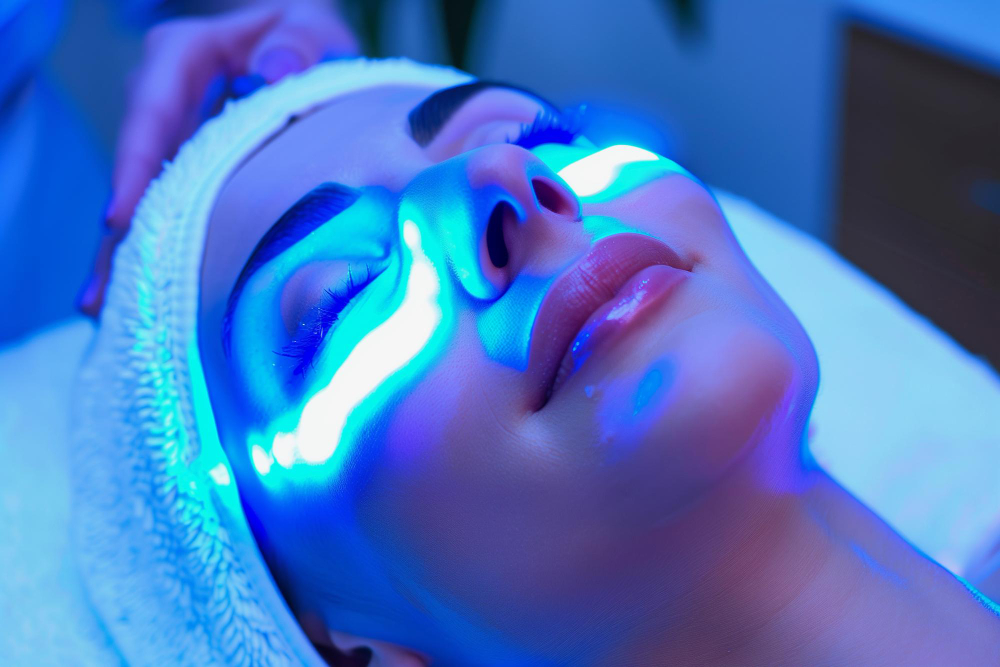
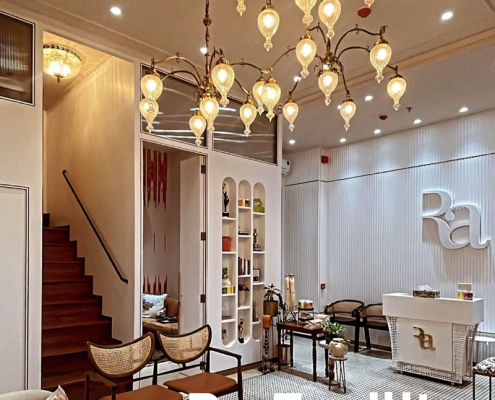
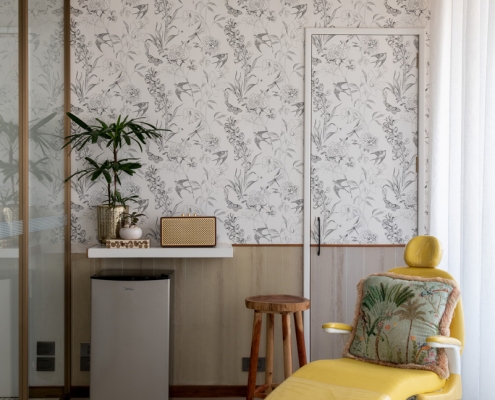
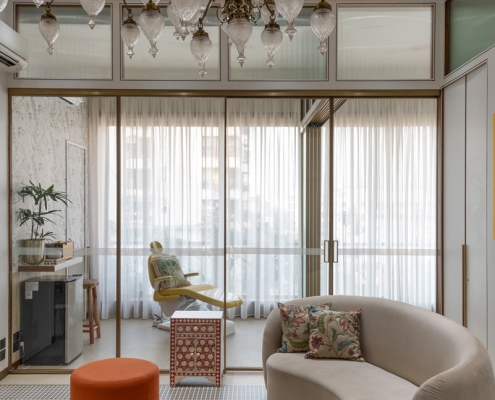
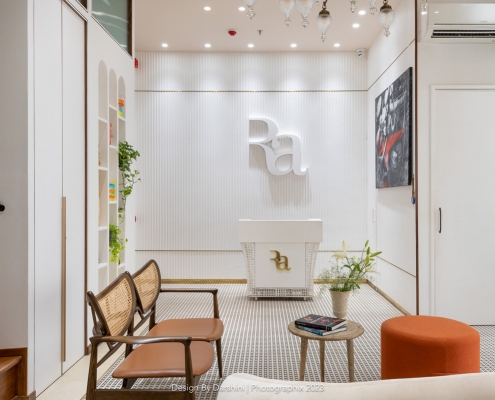
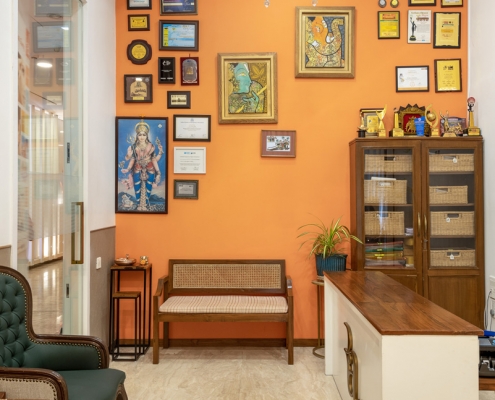
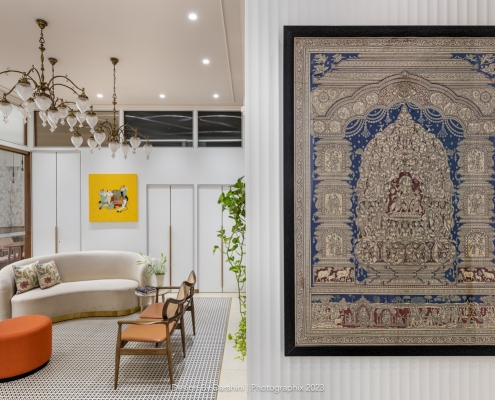
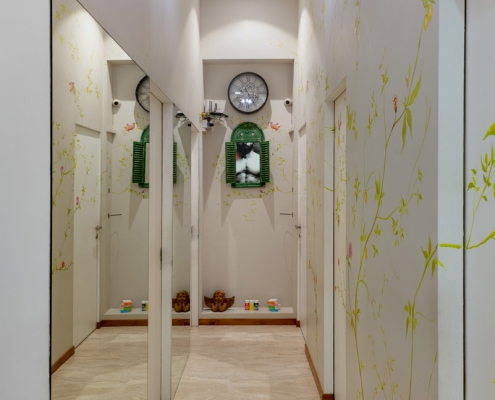
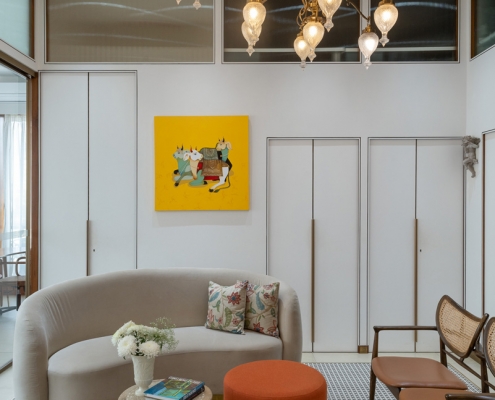
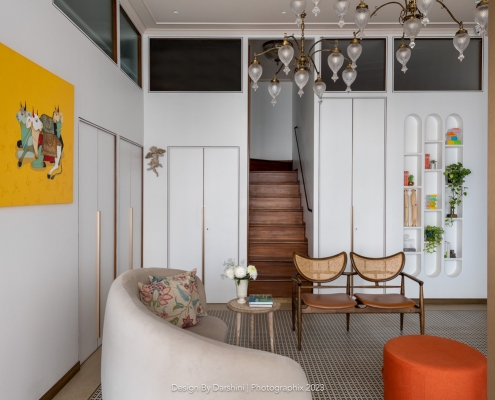
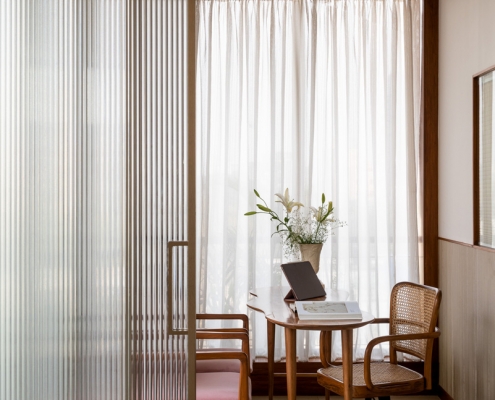

Leave a Reply
Want to join the discussion?Feel free to contribute!